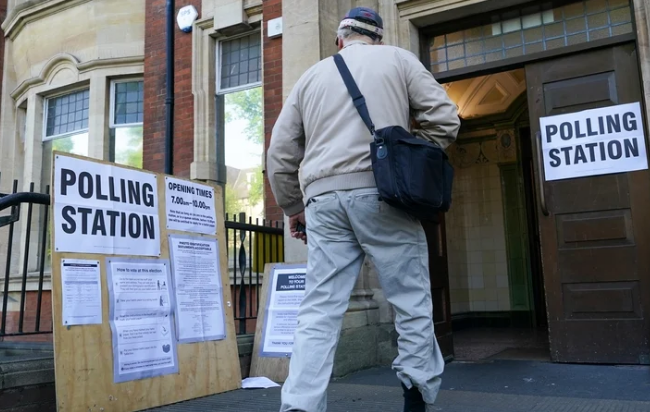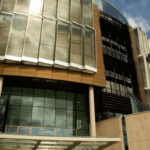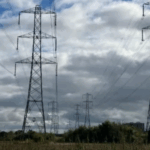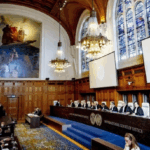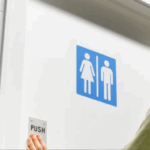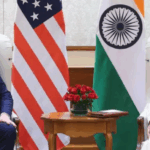Voters across England are casting their ballots today in a wave of local and mayoral elections that will serve as the first major electoral test for the Labour government since it swept to power last year. Polls opened at 7am and will close at 10pm, with contests taking place for 23 local councils and six metro mayors.
Labour, under Prime Minister Keir Starmer, is facing pressure from several directions, most notably from Reform UK, which has surged in recent opinion polls and is eyeing significant gains across England. The populist party, led by Nigel Farage, is hoping to capture hundreds of council seats, mayoralties, and a crucial parliamentary seat in a by-election in Runcorn and Helsby—traditionally a Labour stronghold.
The by-election was triggered by the resignation and jailing of Labour MP Mike Amesbury earlier this year.
Although local elections are not always a predictor of general election outcomes, analysts say today’s vote will offer critical insight into the current political landscape. “We’re seeing the emergence of five-party politics,” said Patrick English, Director of Political Analytics at YouGov. He noted that both Labour and the Conservatives have seen significant declines in support since last year, while Reform UK, the Liberal Democrats, and the Green Party have all gained ground.
“Labour, after winning a huge landslide in 2024, are now polling around 22–23%. Reform UK has surged by about ten points and is now challenging for the top spot, alongside the Conservatives,” English said.
The elections also represent an early test for Kemi Badenoch, the new Conservative leader, who has warned that her party is likely to suffer heavy losses.
Among the most watched mayoral races are those in the West of England, Greater Lincolnshire, Hull and East Yorkshire, Cambridgeshire and Peterborough, Doncaster, and North Tyneside.
While local issues like potholes, council tax, and housing remain top concerns, national issues are weighing heavily on voters’ minds. In Dover, immigration is proving a decisive factor. With over 10,000 small boat arrivals recorded this year, residents like Sally Vokes say the town is struggling to cope. Despite leaning toward Green Party policies, she plans to vote for Reform UK because of its tough stance on immigration.
Reform UK candidates acknowledge local councils have no power over immigration policy, but insist that electoral success at the local level is a stepping stone. “We’re on a journey towards 2029 when Nigel [Farage] is going to be in Number 10,” said Paul King, a first-time Reform candidate.
As the polls close tonight, all eyes will turn to the results as parties brace for a new political reality that could reshape the national conversation.



